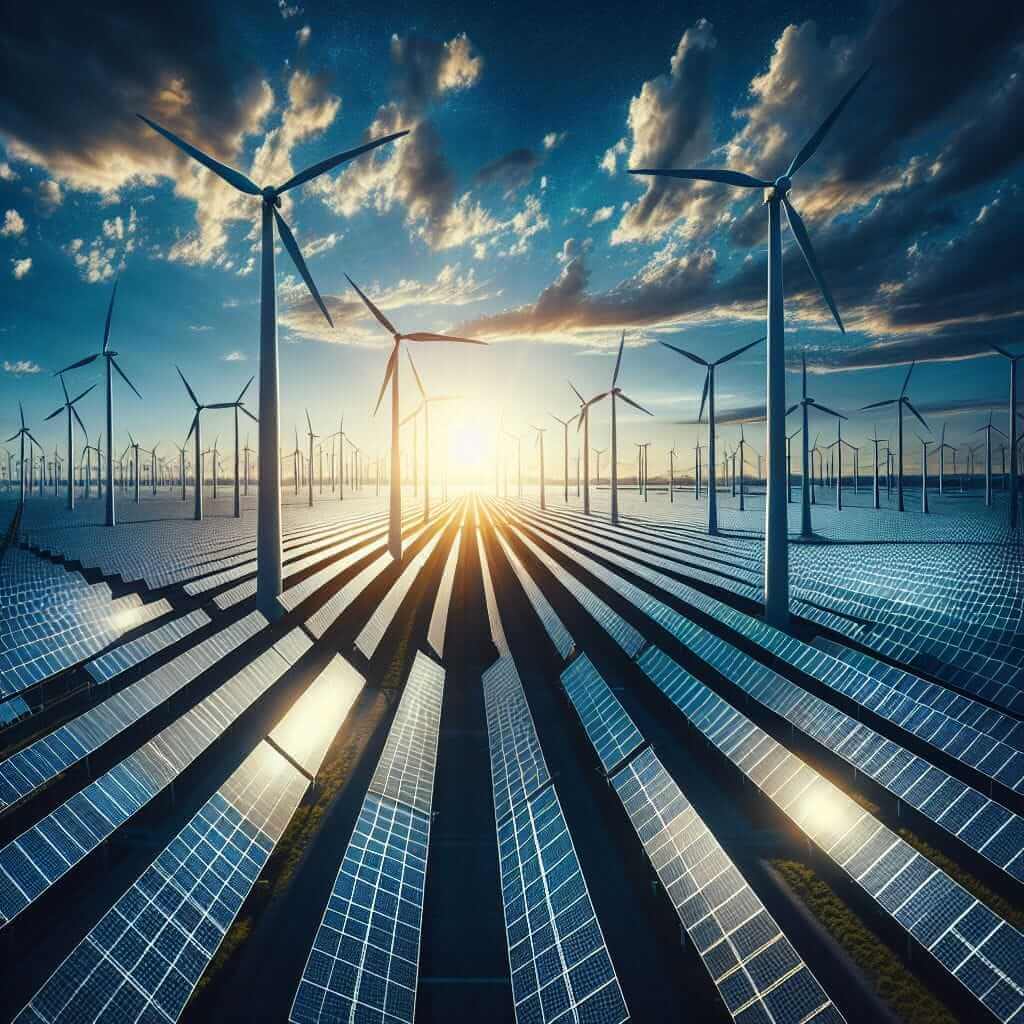The IELTS Reading section often includes a variety of topics that require test-takers to extract information, understand complex ideas, and identify specific details. One increasingly relevant topic is the impact of renewable energy adoption on global power relations. Historically, topics related to energy, politics, and international relations frequently appear in the IELTS Reading section. Given its growing importance in today’s world, it’s likely to remain a common theme in future exams.
Practice Reading Passage
Title: Renewable Energy and Global Power Shifts
The shift towards renewable energy is not just a matter of environmental sustainability but also of global geopolitics. Countries that traditionally dominated the energy sector through their vast oil reserves are seeing a significant change in their influence. Simultaneously, nations investing heavily in renewable energy technologies are gaining newfound power on the global stage.
China is at the forefront of this transition. As the largest producer of solar panels and wind turbines, China’s influence in global energy markets is increasing. This surge in renewable energy production is shifting the balance of power from traditional oil-producing countries in the Middle East to renewable energy leaders in Asia and Europe.

Moreover, renewable energy adoption can lead to energy independence, reducing reliance on imported fossil fuels. This shift is particularly significant for nations in Europe, where energy security has been a long-standing concern. By investing in wind, solar, and other renewable technologies, countries like Germany and Denmark are decreasing their dependence on Russian gas, thereby altering their geopolitical landscapes.
Renewable energy also plays a pivotal role in addressing climate change, which is increasingly becoming a central issue in international relations. Nations that are leaders in renewable energy production can leverage their position to influence global climate policies, thus gaining diplomatic capital.
However, the transition is not without challenges. Countries rich in fossil fuels may resist the change due to economic dependencies. Additionally, the infrastructure for renewable energy is still developing, requiring substantial investment and international cooperation.
Questions
Multiple Choice
-
Which country is gaining influence in global energy markets due to its renewable energy production?
a. Saudi Arabia
b. United States
c. China
d. Russia -
Which European country is highlighted for reducing its dependence on Russian gas through renewable energy?
a. Spain
b. Italy
c. Germany
d. France
True/False/Not Given
- Renewable energy adoption is leading to energy independence for many nations. (True/False/Not Given)
- The transition to renewable energy has no significant economic impact. (True/False/Not Given)
Sentence Completion
- Countries investing in renewable energy technologies are __.
- Renewable energy is essential for addressing __.
Answers
Answer Key
Multiple Choice
- c. China
- c. Germany
True/False/Not Given
- True
- False
Sentence Completion
- gaining newfound power on the global stage.
- climate change.
Explanation
- China is identified in the passage as leading in the production of solar panels and wind turbines, increasing its influence in global energy markets.
- Germany is mentioned as reducing reliance on Russian gas and investing in renewable technologies.
- The passage explicitly states that renewable energy adoption can lead to energy independence.
- The passage discusses the significant changes and challenges brought about by the transition, indicating economic impacts.
Common Mistakes
- Misreading Figures: Ensure you understand numerical data and statistics correctly as these are often crucial in the Reading section.
- Vocabulary Confusion: Keep an eye on word choice; similar words can have different meanings in different contexts.
- Ignoring Context: Always consider the overall context rather than focusing on isolated sentences or words.
Vocabulary
-
Geopolitics
- Type: Noun
- Pronunciation: /ˌdʒiː.əˈpɒl.ɪ.tɪks/
- Definition: Politics, especially international relations, as influenced by geographical factors.
-
Energy Independence
- Type: Noun
- Pronunciation: /ˈen.ə.dʒi ˌɪn.dɪˈpen.dəns/
- Definition: The situation in which a country produces enough of its own energy without depending on imports.
-
Diplomatic Capital
- Type: Noun
- Pronunciation: /ˌdɪp.ləˈmæt.ɪk ˈkæp.ɪ.təl/
- Definition: Influence or leverage in international relations gained through diplomacy.
Grammar Notes
-
Complex Sentences
- Structure: Main clause + subordinating clause.
- Example: Countries investing in renewable energy technologies are gaining newfound power on the global stage.
-
Passive Voice
- Structure: Subject + auxiliary verb (to be) + past participle.
- Example: Renewable energy adoption is leading to energy independence.
Tips for IELTS Reading Success
- Practice Regularly: Consistent practice with varied topics will improve your reading speed and comprehension.
- Focus on Key Words: Pay attention to how keywords are used in the text to answer questions accurately.
- Skim and Scan: Develop the skill to quickly locate important information and understand the gist of the text without reading every word.
- Manage Your Time: Allocate specific amounts of time to each passage and set deadlines for answering questions to simulate exam conditions.
By adhering to these strategies and regularly practicing with topics like renewable energy adoption and global power relations, you’ll enhance your reading skills and confidence for the IELTS exam.